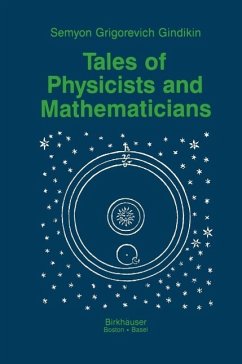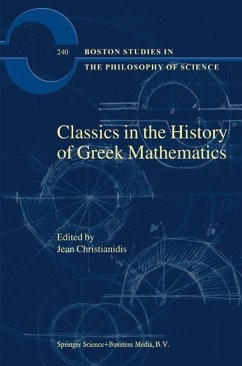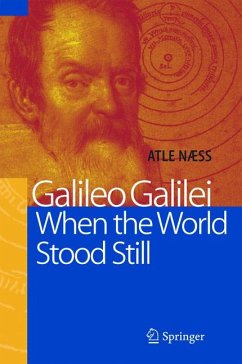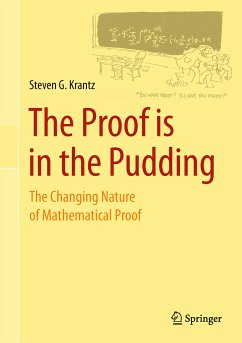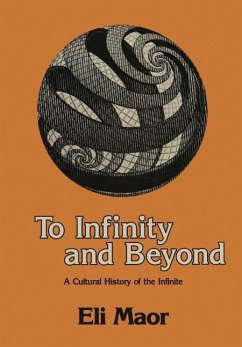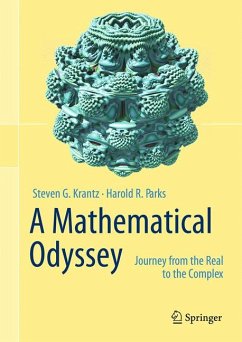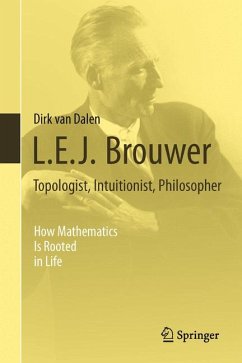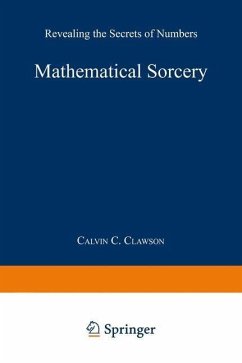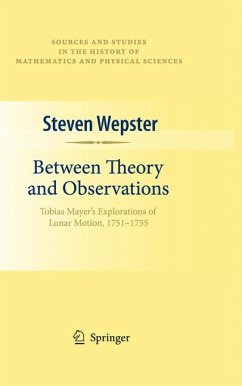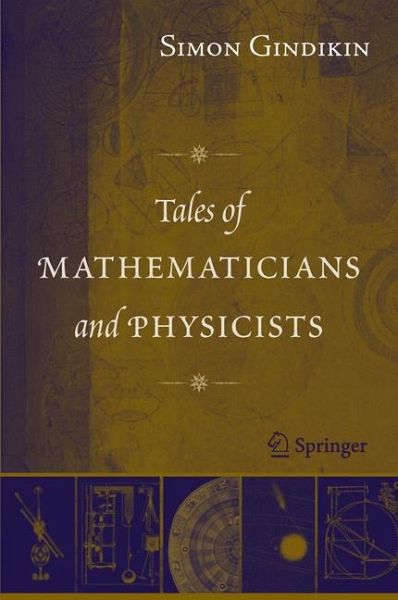
Tales of Mathematicians and Physicists (eBook, PDF)
Versandkostenfrei!
Sofort per Download lieferbar
72,95 €
inkl. MwSt.
Weitere Ausgaben:

PAYBACK Punkte
36 °P sammeln!
This revised and greatly expanded second edition of the Russian text Tales of Physicists and Mathematicians contains a wealth of new information about the lives and accomplishments of more than a dozen scientists throughout five centuries of history: from the first steps in algebra up to new achievements in geometry in connection with physics. The heroes of the book are renowned figures from early eras, such as Cardano, Galileo, Huygens, Leibniz, Pascal, Euler, Lagrange, and Laplace, as well some scientists of the last century: Klein, Poincaré, and Ramanujan.A unique mixture of mathematics, p...
This revised and greatly expanded second edition of the Russian text Tales of Physicists and Mathematicians contains a wealth of new information about the lives and accomplishments of more than a dozen scientists throughout five centuries of history: from the first steps in algebra up to new achievements in geometry in connection with physics. The heroes of the book are renowned figures from early eras, such as Cardano, Galileo, Huygens, Leibniz, Pascal, Euler, Lagrange, and Laplace, as well some scientists of the last century: Klein, Poincaré, and Ramanujan.
A unique mixture of mathematics, physics, and history, this volume provides biographical glimpses of scientists and their contributions in the context of the social and political background of their times. The author examines many original sources, from the scientists' research papers to their personal documents and letters to friends and family; furthermore, detailed mathematical arguments and diagrams are supplied to help explain some of the most significant discoveries in calculus, celestial mechanics, number theory, and mathematical physics. What emerges are intriguing, multifaceted studies of a number of remarkable intellectuals and their scientific legacy.
Written by a distinguished mathematician and accessible to readers at all levels, this book is a wonderful resource for both students and teachers and a welcome introduction to the history of science.
A unique mixture of mathematics, physics, and history, this volume provides biographical glimpses of scientists and their contributions in the context of the social and political background of their times. The author examines many original sources, from the scientists' research papers to their personal documents and letters to friends and family; furthermore, detailed mathematical arguments and diagrams are supplied to help explain some of the most significant discoveries in calculus, celestial mechanics, number theory, and mathematical physics. What emerges are intriguing, multifaceted studies of a number of remarkable intellectuals and their scientific legacy.
Written by a distinguished mathematician and accessible to readers at all levels, this book is a wonderful resource for both students and teachers and a welcome introduction to the history of science.
Dieser Download kann aus rechtlichen Gründen nur mit Rechnungsadresse in A, B, BG, CY, CZ, D, DK, EW, E, FIN, F, GR, HR, H, IRL, I, LT, L, LR, M, NL, PL, P, R, S, SLO, SK ausgeliefert werden.




